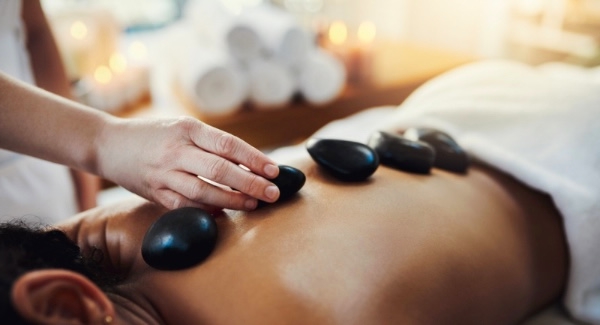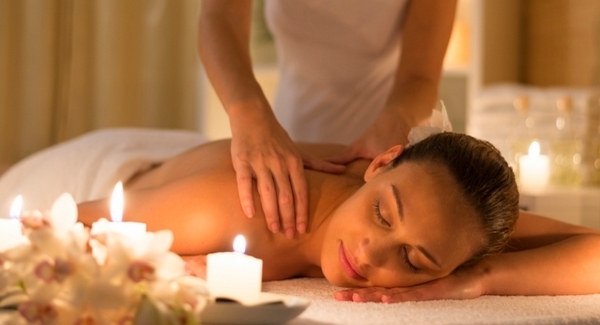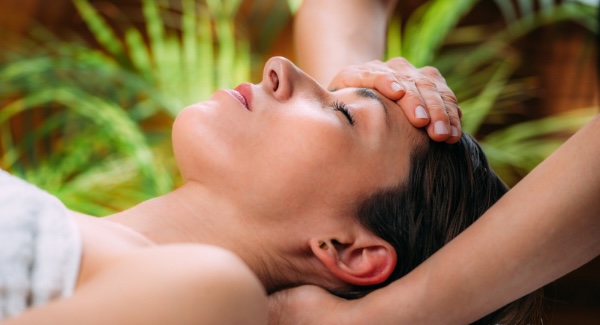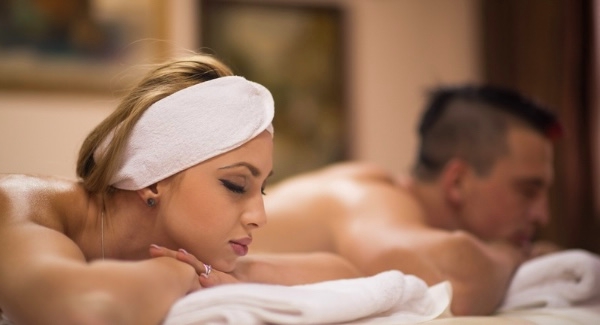Massage Therapy & Mental Wellness: Supporting LGBTQ+ Communities

Mental health stands as a paramount concern for many within the LGBTQ+ community, where experiences of discrimination, social exclusion, and identity-based stress can significantly impact psychological well-being. While traditional therapy and counseling remain indispensable components of comprehensive care, massage therapy is increasingly recognized as a powerful and complementary tool for nurturing emotional and mental health, particularly within affirming and inclusive therapeutic spaces. The integration of massage therapy into holistic mental health strategies provides a unique avenue for healing, addressing both the physical and emotional manifestations of stress and trauma.
Understanding the Mental Health Landscape for LGBTQ+ Individuals
LGBTQ+ individuals are disproportionately at risk for experiencing anxiety, depression, and trauma-related disorders. Social stigma, familial rejection, and discrimination within healthcare settings contribute to enduring mental stress. Even within seemingly supportive environments, the cumulative effect of daily microaggressions and internalized pressures can create significant emotional strain. This chronic stress can manifest in various physical symptoms, including muscle tension, sleep disturbances, and chronic pain, further exacerbating mental health challenges.
While traditional mental health services provide invaluable support by addressing cognitive and emotional aspects of mental wellness, body-based therapies like massage offer a unique avenue for healing by facilitating the resetting of the nervous system and the release of stored physical tension, which often correlates with emotional distress. The somatic approach of massage therapy acknowledges the interconnectedness of mind and body, recognizing that emotional trauma can be stored within the physical body, leading to chronic tension and pain.
The Profound Impact of Massage Therapy on Mental Wellness
Massage therapy transcends the mere relaxation of muscles; it directly influences the nervous system and emotional state. For LGBTQ+ clients, a massage session within a safe and inclusive environment can offer:
- Regulation of Stress Hormones: Effectively lowering cortisol levels, the primary stress hormone, while increasing the production of serotonin and dopamine, neurotransmitters associated with feelings of calm and well-being. This hormonal regulation can significantly reduce anxiety and promote relaxation.
- Reduction in Anxiety and Panic Symptoms: Through the application of calming touch and the cultivation of breath awareness, massage therapy can help regulate the autonomic nervous system, reducing the frequency and intensity of anxiety and panic symptoms.
- Enhancement of Body Trust and Self-Awareness: Particularly beneficial for individuals experiencing body dysphoria, massage therapy can promote a positive connection with one's body by fostering a sense of safety and acceptance. This can lead to increased self-awareness and body trust.
- Support for Emotional Release: Within a private, non-verbal setting, massage therapy allows for the safe processing of emotions that may be stored within the body. The physical release of tension can facilitate emotional release, promoting healing and integration.
Essential Therapist Qualities for Effective Support
For massage therapy to effectively support mental health, it must occur within a space that feels emotionally secure. This begins with the therapist. LGBTQ+ clients derive the most significant benefit from professionals who are:
- Trauma-Informed: Trained to recognize and respond sensitively to signs of trauma, providing care that avoids triggering past experiences. This includes understanding the impact of trauma on the body and adapting techniques to ensure client safety and comfort.
- Affirming of Gender Identity and Expression: Demonstrating respect through the consistent use of correct pronouns and respectful dialogue, free from assumptions. This creates a safe and validating environment where clients feel seen and understood.
- Transparent Regarding Boundaries and Consent: Clearly communicating procedures and seeking explicit consent before any touch. This ensures that clients feel in control of their bodies and their therapeutic experience.
- Focused on Client Autonomy: Empowering clients to communicate their needs and preferences and providing the option to opt out of any aspect of the session. This fosters a sense of agency and control, which is essential for healing.
Selecting the Appropriate Massage Modality
Certain massage modalities are particularly conducive to supporting mental health:
- Swedish Massage: Gentle and highly effective for regulating the nervous system, promoting relaxation, and reducing anxiety.
- Aromatherapy Massage: Utilizing calming scents, such as lavender or chamomile, to enhance mood and promote relaxation by stimulating the olfactory system.
- Myofascial Release: Facilitating the release of stored physical tension associated with emotional stress by targeting the connective tissue that surrounds muscles and organs.
- Shiatsu and Acupressure: Focusing on energy pathways, or meridians, to support emotional balance and well-being by stimulating specific acupoints.
Cultivating Client-Centered and Safe Therapeutic Spaces
LGBTQ+ clients require more than just a massage; they need assurance of their safety and respect. This entails access to therapists who understand the profound impact of trauma, identity, and dysphoria on the body. It also necessitates environments where pronouns are consistently respected, intake forms are inclusive, and client dignity is prioritized throughout the session. This includes creating a welcoming and affirming physical space, utilizing inclusive language, and demonstrating cultural sensitivity.
Therapists can further signal their commitment to safety by joining LGBTQ+ directories like Gays Massage, incorporating inclusive language into their profiles, and fostering open communication with new clients. Building trust and rapport is essential for creating a safe and effective therapeutic relationship.
Integrating Massage Therapy into a Holistic Mental Health Strategy
Massage therapy is most effective when integrated as a complementary component of a comprehensive mental health care strategy. Many LGBTQ+ clients find massage invaluable when used in conjunction with:
- Counseling or Psychotherapy: Providing a holistic approach to mental and emotional well-being by addressing cognitive, emotional, and physical aspects of healing.
- Group Therapy or Support Networks: Fostering a sense of community and shared understanding, reducing feelings of isolation, and promoting social support.
- Mindfulness and Meditation Practices: Enhancing self-awareness and emotional regulation by cultivating present-moment awareness and reducing stress.
- Creative or Somatic Therapies: Such as art, movement, or dance, facilitating emotional expression and release through non-verbal modalities.
Conclusion
While massage therapy cannot replace traditional mental health care, it can significantly enhance it. For LGBTQ+ clients navigating stress, dysphoria, or emotional fatigue, a safe and affirming massage session can provide profound relief and support. As more therapists commit to inclusive practices, massage therapy will continue to play a pivotal role in promoting holistic mental wellness for individuals of all identities. Platforms like Gays Massage streamline the process of connecting clients with practitioners who understand, respect, and support the unique needs of LGBTQ+ communities, one therapeutic session at a time. The integration of massage therapy into mental health care represents a significant step towards creating more inclusive and accessible wellness services for all.
Search Massage Therapists Near You.
More From Our Blog
Latest Blogs
Building Your Client Base: Marketing LGBTQ+ Friendly Massage Services
Ethical Touch: Navigating Consent in Inclusive Massage Therapy
Global Spa Trends: Inclusive Massage Practices & Diverse Offerings
Massage Therapy & Mental Wellness: Supporting LGBTQ+ Communities
The Rise of Niche Massage Services: Catering to Diverse Clients
Self-Employed Massage Therapists: Building an Inclusive Practice
Creating a Safe Space: Massage Therapy for Transgender Clients
Women-Exclusive Massage: Benefits & Finding Your Therapist
Gay Massage Near You: What to Expect & Where to Find It
Finding LGBTQ+ Friendly Massage Therapists Near You Globally
View All Blogs
Advertise with Gays Massage and Grow Your Business!
Create an Ad within minutes & increase your earning potential as we connect you with more clients!


